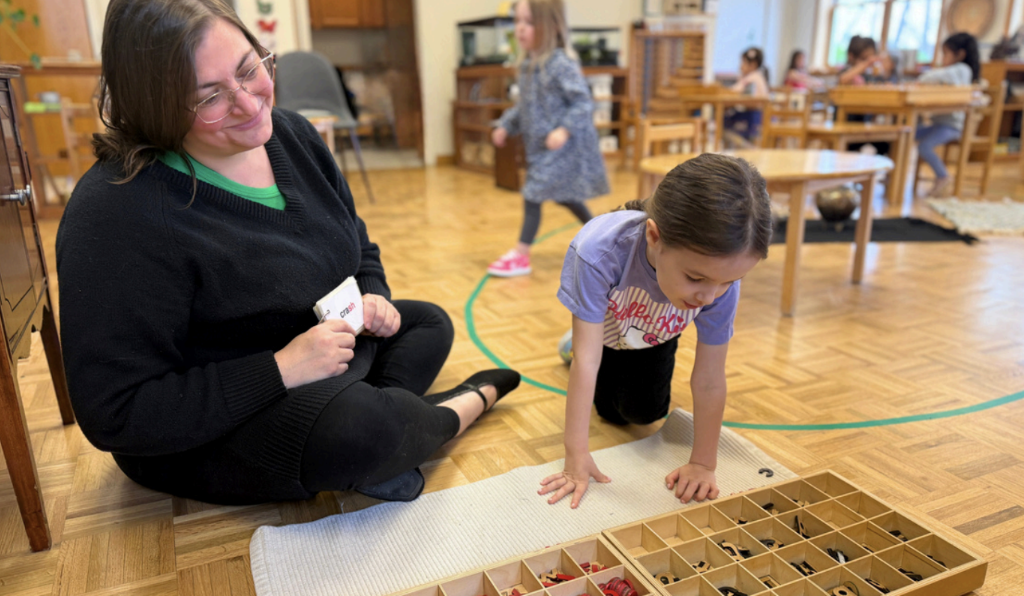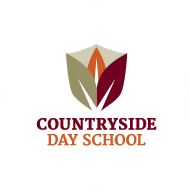One of the most powerful advantages of a small school is the continuity of care that naturally develops when children grow within the same trusted environment year after year. From toddlerhood through the elementary years, students are
supported by educators who know them deeply—not only as learners, but as individuals. This long-term connection creates a profound sense of belonging, stability, and confidence.
At Countryside, that continuity begins in our Toddler and Primary
classrooms. As children grow and evolve within these environments, they’re supported by a team of educators who work
closely together to provide consistent, thoughtful guidance over time. By the time a child is in their final Primary year (typically Kindergarten), each of the 3–6 teachers is already collaborating with the Elementary team to ensure a thoughtful, personalized transition. Teachers share observations, highlight a child’s learning style, interests, and areas of growth, and begin laying the foundation for what’s to come.
That connection isn’t limited to planning meetings. Our Primary and Elementary classrooms are intentionally interwoven. A child might visit the Elementary class to retrieve a material, to observe, or even to ask an older student for help with a challenging concept. These moments of overlap build familiarity and relationships long before the first official day of 1st grade. By the time they transition, the Elementary environment already feels like home.
This kind of seamless continuity is only possible in a close-knit school, where every child is known by name—and not just by their own teacher, but by everyone. There’s a shared responsibility for each child’s development, and a collective pride in watching them grow.
As a teacher, Head of School—and as a parent—I’ve seen the long-term impact of these relationships. My own children, now young adults, still speak fondly of friendships formed across age groups. Some of their closest friends today were those who mentored them, or those they once mentored themselves. These are the kinds of bonds that form when children grow up together in a place where they feel seen, valued, and supported at every stage. In a small school, the learning is rich—but the relationships are even richer. And those relationships, nurtured over time, are what make a school feel like family.



Leave a Comment